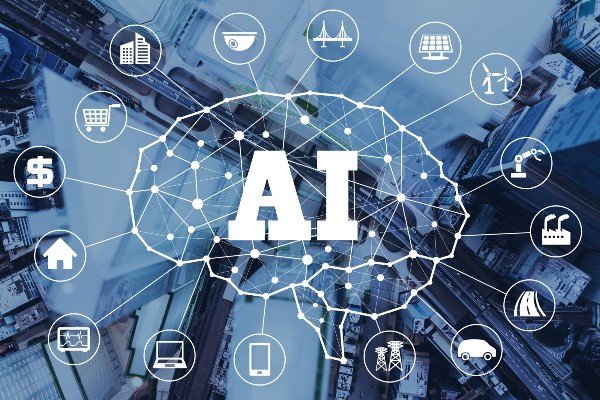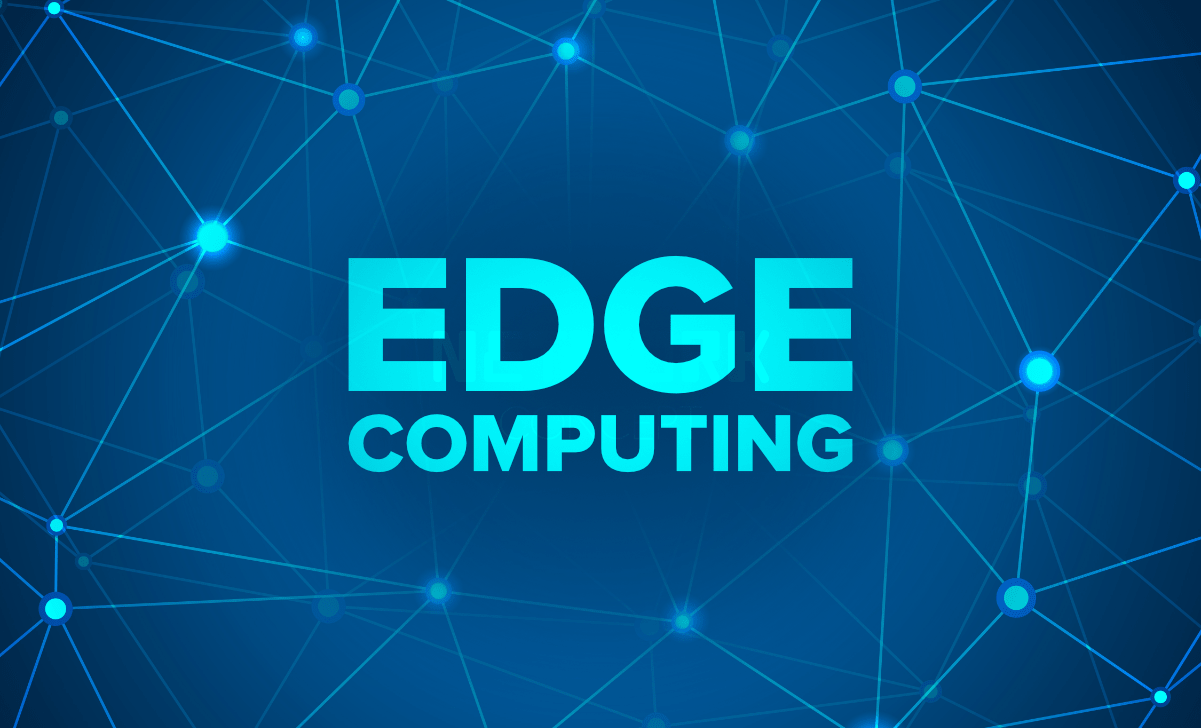While the blockchain technology has achieved widespread recognition for the role it has been playing in powering cryptocurrencies such as Bitcoin and Ethereum, most people are yet to fully understand its potential. In 2024, blockchain is going to disrupt a wide range of industries; everything from offering unparalleled levels of security to offering transparency and efficiency. As businesses continue to explore other creative ways of using blockchain technology, it’s crystal clear that this technology is here to stay.
In this article, we delve into seven real-world applications of blockchain technology in 2024 that transform industries and change how we live and work.
What is Blockchain Technology?
Blockchain is a decentralized, distributed ledger technology that records transactions across a network of computers. Each “block” in the chain contains data, and once a block is added into the chain, it becomes immutable-meaning it cannot be changed or deleted thereafter. That feature makes blockchain highly secure and transparent, since all participants of the network have the same unalterable information.
With this in mind, because of its decentralized nature, it cuts out the middlemen, like banks and other third-party service providers that raise costs. Therefore, this brings about more efficiency.
1. Supply Chain Management
Supply chain management would be one of the most key applications of Blockchain in 2024. This technology can enable a firm to trace a product from its origin to its eventual destination with a load of transparency and traceability throughout the supply chain. In industries like food and pharmaceuticals, for instance, this is very important to consumers and regulators who demand some kind of proof on the authenticity and safety of the products.
This blockchain can allow a business to verify the origin of a certain raw material, track conditions of shipment, and ensure that products meet the set quality standards. Companies like Walmart and IBM have already used supply chain solutions on the blockchain to advance food safety while reducing waste.
Benefits of blockchain in supply chain management include:
• Tracking of products in real time
• Improvement in transparency and accountability
• Reduced fraud and counterfeiting
• Efficiency increased due to automation
2. Healthcare Records Management
Another area that has benefited from blockchain technology is in health records. In the year 2024, blockchain has totally changed how medical information will be stored and shared. Conventional health records are fragmented among different systems, making it hard for patients and healthcare providers to retrieve the full history. Blockchain fixes this issue by creating a safe, unified record of patient data that can be accessed only by authorized parties.
With blockchain, patients have greater control over their health information, and healthcare providers can access up-to-date, accurate records without going through intermediaries. This results in not only enhanced patient care but also reduction in administrative costs.
Advantages of Blockchain in Healthcare:
• Data security and privacy of patients are considerably improved
• Medical records are shared smoothly with different care providers
• Inability to hack and breach data
• The treatment of the patients can be accurate with correct data
3. Smart Contracts and Legal Agreements
It is a set of agreements that automatically execute when the conditions written within the contract come into play. The terms of agreement are directly written into lines of code. Smart contracts permit self-execution and hence do not require the services of middlemen, like lawyers and notaries. Applications of smart contracts in 2024 also include the fields of real estate, insurance, and finance.
For example, smart contracts in real estate will automate ownership transfer on payment; in insurance, they automatically trigger payouts when specific conditions occur, such as natural disasters causing property damage. Such levels of automation reduce paperwork, further boost efficiency, and lower transaction costs.
Smart Contract Benefits:
• Speedier execution of agreements
• Less reliance on intermediaries
• Lower transaction costs
• Improved transparency and trust
4. Digital Identity Verification
Blockchain technology has revolutionized digital identity verification by offering a secure and decentralized solution for identity management. Blockchain in 2024 will enable self-sovereign identities: instead of any government or social network, individuals will retain ownership of their personal data.
From opening a bank account to accessing government services, all are possible on blockchain-based digital identity. Since the data is stored in a decentralized blockchain, it is highly secure and cannot be tampered with. This reduces the possibility of fraud and identity theft while providing the individual with an increased level of control over their personal information.
Advantages of Blockchain in Digital Identity:
• Enhanced Security and Privacy
• Lower chances of Identity Theft
• More control over personal information
• Speed and efficiency in the process of identity verification
5. Voting Systems
Blockchain technology has been in the research process to address the different challenges that have faced modern voting systems. Most traditional methods of voting are easily susceptible to fraud, tampering, and miscounting, hence calling for the integrity of elections. In the year 2024, blockchain-based voting systems are considered a better way to bring transparency, security, and accuracy to the elections.
Blockchain allows recording the votes onto a decentralized ledger in a very secure way; it is also transparent and immutable. That means one cannot change or remove the votes, which builds a high level of trust among people in an election. Many countries and organizations are trying to experiment with blockchain voting to make elections more safe and accessible.
Benefits of Blockchain in Voting Systems:
• Enhanced security and transparency
• Reduced risk of election fraud
• Faster vote counting and verification
• More confidence in election outcomes on behalf of the voters
6. Intellectual Property Protection
With the arrival of the digital age, intellectual property protection became a very labor-intensive process due to the fact that content copied from the internet is very easily redistributive. Once again, blockchain brings a highly plausible solution to record ownership registration and track intellectual property accurately and transparently. In 2024, everything is protected by blockchain, from music and artwork to even patent and trademark protection.
Recording IP rights on a blockchain allows creators to prove ownership and track usage of their work. This ensures that royalties are paid out fairly and reduces unauthorized use. Further, blockchain can settle disputes in IP ownership through its immutable record of the original creator.
Benefits of Blockchain in Intellectual Property Protection:
• Secured registration and tracking of IP rights
• Piracy and unauthorized use are reduced
• Royalty distribution is appropriately done
• Clear settlement of IP disputes
7. Energy Trading
Implementation of blockchain technology is being carried out in the formation of distributed energy markets where consumers and businesses are allowed to directly trade energy amongst them. In 2024, consumers who have solar panels or another form of renewable energy are allowed to sell their excess to their neighbor or the grid through blockchain-based energy trading platforms.
The decentralized platforms eliminate the conventional energy suppliers, reducing the cost and hence facilitating renewable energy. Blockchain makes the energy transactions secure, transparent, and verifiable; hence, it is very easy for participants to buy and sell energy in real time.
Benefits of Blockchain in Energy Trading:
• Decentralized and efficient energy markets
• Reduced energy costs to consumers
• Enhanced use of renewable energy
• Security and transparency in the trading of energy
Conclusion
While blockchain technology first gained fame through its usage in digital cryptocurrencies, the real-world applications of blockchain in 2024 have moved way beyond digital currencies. From supply chain management to healthcare, smart contracts, and energy trading, blockchain reshapes industries and opens new opportunities for businesses and consumers alike.
But with more and more blockchain adoption by organizations, it is bound to increase manifold in innovating, bringing security, and reducing costs. This, therefore, is the right time for businesses to see how blockchain can help them and prepare their future in which this transformative technology will play an important role.




